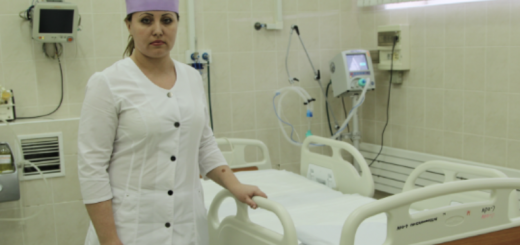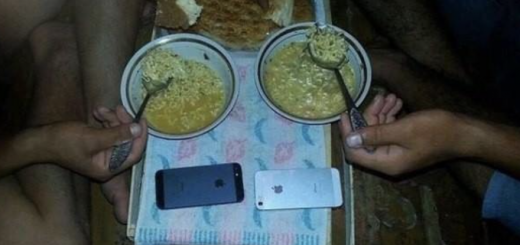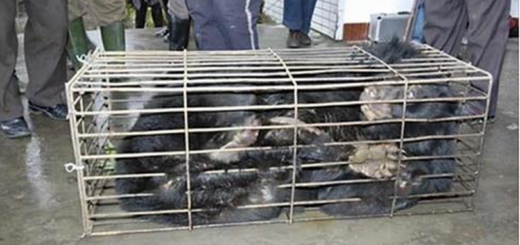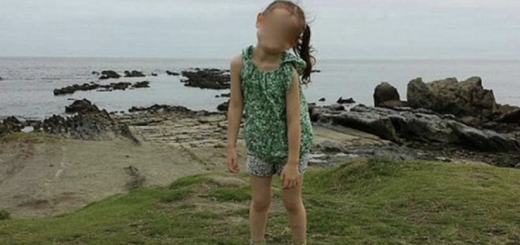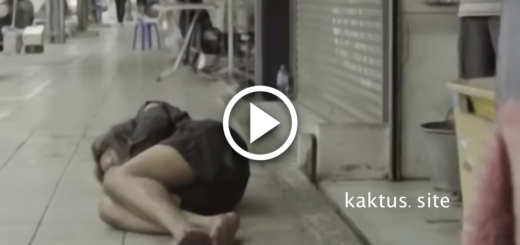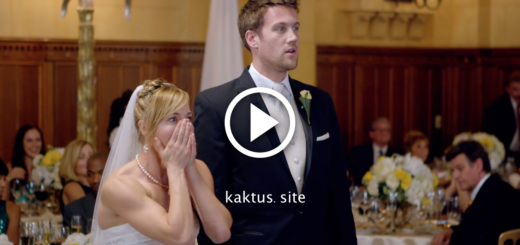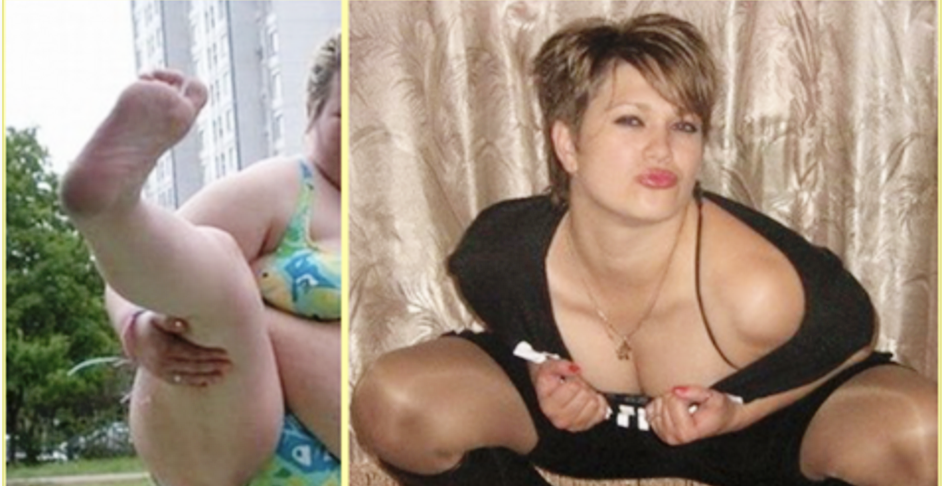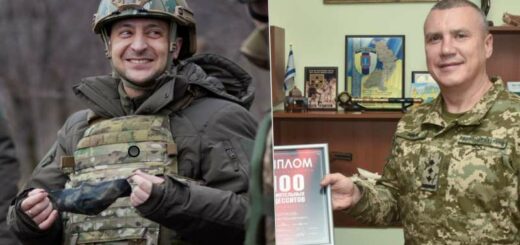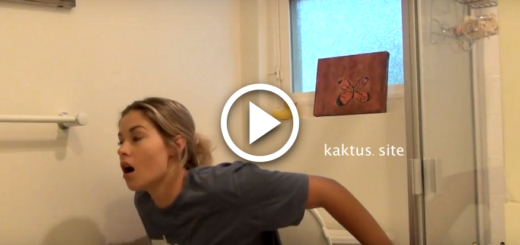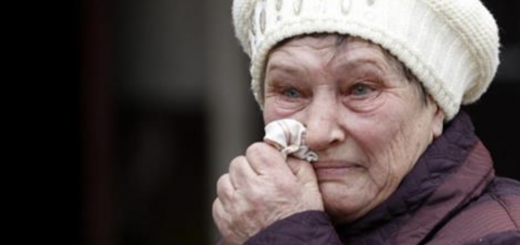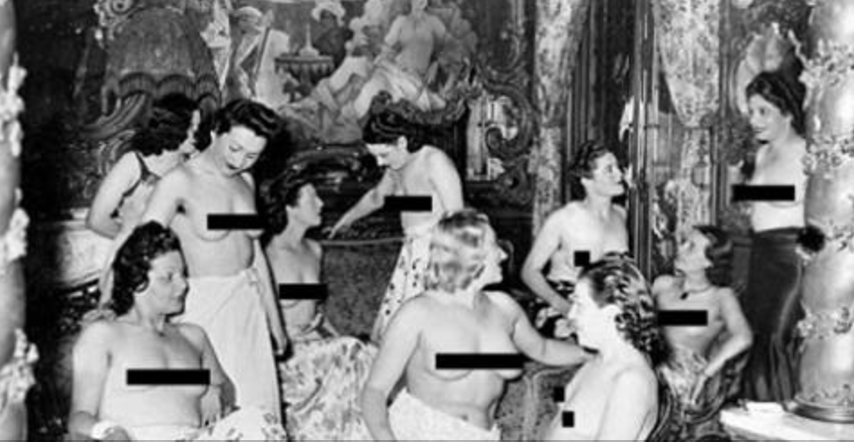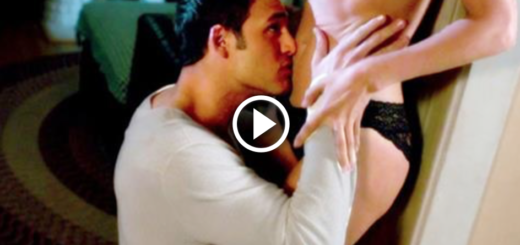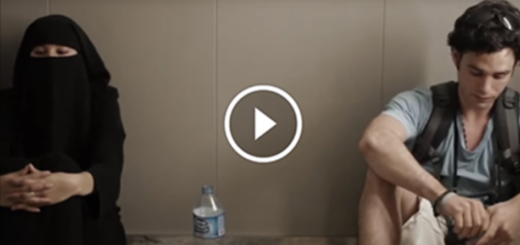«What would be the alternative explanation?» I asked. «That I orchestrated an elaborate year-long plan, building an entirely new career in another city, establishing relationships with agencies unconnected to your family, all culminating in this specific project? That would be giving you far more space in my thoughts than has actually been the case.» The blunt assessment landed visibly. Amanda blinked, perhaps for the first time considering that she might not have been central to my decisions at all.
«At the barbecue,» she said after a pause, «when I made that joke… it was just a joke. I never thought you’d actually leave.»
«It wasn’t just a joke, Amanda. It was the articulation of something you’d been communicating for years: that I was dispensable, forgettable, unimportant.» I kept my tone conversational rather than accusatory. «And you weren’t wrong, in a way. In the context of your family, I was those things. What I needed to discover was that there are contexts where I’m not.» Amanda’s composure slipped momentarily, revealing something rarely seen: uncertainty.
«Gregory hasn’t been the same since you left.»
«Gregory is finding his own way,» I replied, «as am I.»
«And there’s no chance of reconciliation?» The question seemed driven by family concerns rather than genuine care for either Gregory or me.
«We’ve reconciled in the only way that matters,» I said. «We’ve both acknowledged the truth of our marriage and found peace with its ending.» Amanda nodded slowly, absorbing this finality. As she turned to leave, she paused at the door.
«Your presentation yesterday… it was genuinely good work. I would have said so regardless of who you were.» Coming from Amanda, this professional acknowledgment represented a fundamental shift. I thanked her with simple sincerity, neither overvaluing the compliment nor dismissing it. As I left the hotel to prepare for the evening’s closing dinner, I felt a strange lightness. I had faced each Caldwell individually, navigating these encounters not as the insecure outsider of last year, but as a confident professional with clear boundaries. The family that had once loomed so large in my life now seemed properly proportioned: just people with their own limitations and complexities.
The final dinner that evening unfolded with surprising ease. The Caldwells and the Westwood team were seated at separate tables, creating natural distance without obvious avoidance. When industry colleagues introduced me to Richard as «the designer behind Sheffield’s brilliant rebrand,» he acknowledged my work with professional courtesy. When Patricia complimented my dress during a chance encounter at the dessert station, I accepted graciously. Most tellingly, when Amanda’s presentation on upcoming marketing trends included a slide featuring one of my designs with proper attribution, I recognized it for what it was: a public, professional acknowledgment that would have been unthinkable a year ago.
As the evening concluded, I exchanged contact information with several potential clients, confirmed next steps with Thomas, and said appropriate goodbyes to industry colleagues. Gregory approached briefly, simply wishing me safe travels and good luck with a sincerity that needed no elaboration. Leaving the venue, I felt no dramatic sense of triumph or closure. Instead, I experienced the quiet satisfaction of having reclaimed not just my professional identity, but my personal sovereignty. The Caldwells were now simply people I had once known intimately, who now occupied appropriate space in my past rather than outsized significance in my present.
Amanda’s challenge—»If you disappeared tomorrow, no one would even notice»—had been not just accepted, but transcended. I had disappeared from their world, only to reappear transformed in my own.
One month after the marketing conference, I sat across from Eleanor at our regular corner table in her coffee shop. Seattle rain tapped gently against the windows, creating a cozy backdrop for our conversation. «So the Sheffield campaign officially launches next week,» Eleanor noted, refilling my cup from the ceramic pot between us. «That must feel satisfying after everything.»
«It does,» I agreed. «Thomas called yesterday to say early retailer response has been overwhelmingly positive. They’re already discussing extending the rebrand to additional product lines.»
«And the Caldwell connection?»
I considered the question thoughtfully. «It’s become professionally cordial. Richard’s marketing director reached out about potentially collaborating on future projects through proper channels with clear contracts. I haven’t decided yet whether to pursue it.»
«That’s quite an evolution,» Eleanor observed, «from family outcast to sought-after professional resource.»
«Life has interesting symmetries sometimes,» I acknowledged with a small smile. The truth was, the Sheffield project had marked a turning point in my career. The visibility of the campaign had attracted attention from other potential clients. My portfolio now included work that reflected my authentic design voice, rather than watered-down compromises. Most importantly, I approached each opportunity with clear boundaries and confidence in my value.
The divorce had been finalized with surprising smoothness. Gregory had been fair in the financial settlement, even generous in certain aspects. We maintained no direct contact, but our respective lawyers reported professional cooperation throughout the process. My only personal request—keeping my original engagement ring that had belonged to my grandmother rather than the Caldwell family diamond Gregory had later insisted I upgrade to—was granted without argument. My regular therapy sessions with Dr. Lewis continued, though we had reduced the frequency from weekly to biweekly. Our conversations had evolved from processing acute emotional trauma to exploring healthier patterns for future relationships and continued self-discovery.
«The interesting thing about healing,» Dr. Lewis had noted in our last session, «is that it’s rarely a return to your previous state. It’s a transformation into something new that incorporates the experience without being defined by it.» This observation resonated deeply as I navigated my reconstructed life. I wasn’t trying to recapture who I’d been before meeting Gregory; I was integrating that younger self’s passion and confidence with the wisdom and boundaries hard-earned through difficulty.
Jessica visited Seattle for a long weekend, marveling at the changes in both my external circumstances and internal landscape. «You laugh differently now,» she observed during a hike through Discovery Park. «More from your belly, less from your throat.»
«That’s oddly specific,» I teased.
«But accurate,» she insisted. «You used to laugh like someone who needed permission. Now you laugh like someone who’s giving herself permission.» These subtle transformations accumulated gradually. I found myself speaking up in creative meetings without rehearsing my thoughts first. I began dating casually—nothing serious yet, but enjoying the simple pleasure of connecting with interesting people without need for immediate definition. I joined a community garden and discovered unexpected joy in growing tangible, living things.
An unexpected development came in the form of a friendship with Charlotte, Michael’s wife. She reached out via professional email, ostensibly to inquire about design services for a pediatric clinic she volunteered with. Our initial coffee meeting evolved into a genuine connection, based on shared experiences as Caldwell outsiders and mutual professional respect. «Amanda is actually taking parenting classes,» Charlotte revealed during one of our lunch meetings. «She’s pregnant and determined not to repeat family patterns.» The news surprised me—not just the pregnancy, but Amanda’s self-awareness.
«That’s encouraging.»
«People can change when properly motivated,» Charlotte observed. «The family dynamic shifted after you left, made some things visible that had been conveniently ignored.» Whether my departure had been a catalyst or merely a coincidence, I took no particular credit for these evolutions. The Caldwells’ journey was their own, just as mine was mine.
Six weeks after the marketing conference, I was selecting produce at a farmer’s market when I heard a familiar voice. Amanda stood at the next stall, examining artisan cheese. Her pregnancy was visible now, creating a softer silhouette against her typically tailored appearance. Our eyes met with mutual recognition. After a moment’s hesitation, she approached. «Vanessa, I didn’t know you shopped here.»
«Every Saturday,» I confirmed. «They have the best heirloom tomatoes in the city.» The awkwardness between us was palpable, but not hostile. We exchanged brief pleasantries about the market, the weather, the upcoming product launch. Then Amanda surprised me with unexpected directness.
«I’ve been thinking about what you said at the conference, about contexts where you’re dispensable versus valued.» She adjusted her bag uncomfortably. «I’m discovering something similar in preparing for motherhood. Everyone has advice about who I should become, how I should change. It’s illuminating.»
«Contexts shape us,» I acknowledged. «But they don’t have to define us.»
Amanda nodded thoughtfully. «The parenting class Charlotte probably told you about… it’s helping me recognize some patterns. Things I never questioned because they were just normal in our family.» I heard the unspoken comparison to my own journey of recognition and separation.
«Self-awareness is powerful,» I offered.
«Yes.» She hesitated, then added with uncharacteristic vulnerability, «I don’t want my child to ever feel like they need to disappear to be seen.» The admission revealed a deeper reflection than I would have credited Amanda with a year ago. I didn’t offer easy absolution; our history was too complex for that. But I did offer simple human acknowledgment.
«That’s a good place to start.» We parted with no dramatic reconciliation, no promises of future connection, just a moment of genuine communication between two adults sharing a brief intersection in life’s journey. Walking home with my market purchases, I reflected on the strange trajectory that had brought me from the Caldwell barbecue to this present moment. The challenge Amanda had unknowingly set—»if you disappeared tomorrow, no one would even notice»—had indeed been the catalyst for profound transformation.
I had disappeared from a life where I was diminished, only to reappear in one where I was valued. I had lost a family that required my conformity, only to build a community that celebrated my authenticity. I had abandoned security that came with compromise, embracing instead the uncertain adventure of self-determination. Last week, I had closed on a small house near the water—nothing grand by Caldwell standards, but perfectly suited to my needs and purchased entirely through my own earnings. As I arranged my furniture and hung artwork selected solely for my own pleasure, I experienced a profound sense of having created not just a home, but a life genuinely my own.
The greatest irony of Amanda’s cruel joke was that disappearing had made me more visible than I’d ever been: to colleagues who valued my creativity, to friends who appreciated my authentic self, and most importantly, to myself. The challenge had been not just accepted but transformed into an unexpected gift. That evening, as Seattle’s skyline glittered against the darkening water, I opened my journal and wrote the reflection that had been forming for months.
Sometimes we must disappear from others’ narratives to discover our own. The most powerful response to being unseen is not demanding vision from blind eyes, but finding the context where our true selves are not just visible, but celebrated. The opposite of disappearing isn’t being noticed. It’s becoming so fully present in your own life that external validation becomes unnecessary.
The woman who had raised a hot dog in a defiant toast one year ago could never have imagined the journey ahead. The woman writing these words could never return to who she had been. And in that transformation lay not tragedy, but triumph—the quiet, sustainable victory of reclaiming one’s own life.






